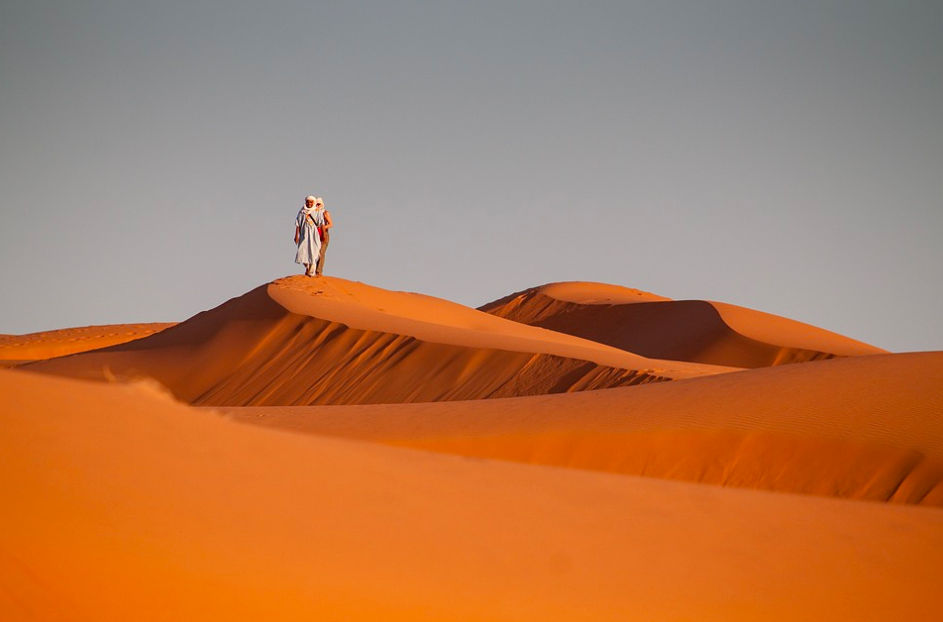
Morocco is an increasingly popular travel destination – I know as I have visited twice in the last couple of years and long for more – drawing tourists, photographers and videographers to its vibrant metropoles and stunning desert landscapes.
An Introduction to Morocco
Morocco has four imperial cities namely Marrakesh, Fes, Meknes, and Rabat, the country’s capital. Although a modern city at first glance, Rabat has several interesting historical attractions such as the Kasbah of the Oudaias, the old medina, and the Hassan Tower.
Marrakesh, known as the pink city, is famous for its old medina, numerous souks, ancient palaces like Badi Palace and Bahia Palace and the striking Koutoubia Mosque. The lively Djemaa el-Fna is at the heart of the city. The former capital of Fes has plenty of impressive architecture, though it is perhaps best known for its large tanneries and for being home to one of the oldest universities in the world.
With beaches along the Mediterranean Sea and the Atlantic Ocean, Tangier and Agadir, as well as Essaouira and Taghazout, are popular with lovers of water sports and surfing. Morocco’s Atlas Mountains have three separate ranges: High Atlas, the Middle Atlas, and the Anti Atlas. Each offers a variety of hiking experiences for people of all skill levels. The vast and arid Sahara Desert is the world’s largest hot desert and there are several places in Morocco from where you can begin expeditions.
In Casablanca visit The Hassan II Mosque, the largest mosque in Africa and the 5th largest in the world, it can accommodate as many as 25 000 people. It is intricately detailed with a minaret that rises 210 m into the sky. Popular with photographers, Chefchaouen or the Blue City is found in the Rif Mountains of northwest Morocco. Known for the striking, blue-washed buildings of its old town where leather and weaving workshops line its steep cobbled lanes.
A comprehensive guide for first time visitors to Morocco.
Dress Appropriately
As a woman, you will need to dress somewhat conservatively while in Morocco. Have a few scarves with you at all times, as some areas are stricter in terms of dress than others, such as the rather modern Marrakech – and you can always whisk these out to cover your shoulders or legs. To maximise on the experience, consider booking a Morocco tour and your guide will be able to tell you everything you need to know.
Mosques
If you’d like to visit some of the many Mosques in Morocco, be sure to check that non-Muslims and women are allowed entry. The impressive Hassan II Mosque in Casablanca is open to the public and I highly recommend a visit.
Fridays are Holy Days
Do respect that Morocco is a Muslim country and you will need to pay attention to the holidays and high days when much of the high street and market is closed.
The Language
Moroccans tend to speak Berber, Arabic, French and English. You should be fine with speaking English in most areas though but may need to hire a translator or guide when going into some the more rural parts of the country. It does, however, always help to learn a few local phrases to communicate with carriages drivers and locals who may shout out that they are coming through, as you don’t want to be in the way. Also to say your thank you and greet the people you meet.
You’ll be expected to Haggle
If you are going to shop in the medina or at any of the markets you will be expected to haggle, as this is very much an integral part of the Moroccan culture. The store owner will get their money’s worth or not make the deal, so don’t feel too bad about a bit of negotiating. At the same time, the items are mostly well-priced and you do need to be fair and allow everybody to make a living. If you aren’t sure how much to haggle, a good guideline is to start with an offer of 50% lower than the proposed price. Some vendors will look like they aren’t going to budge but when you walk away, are likely to call you back and make a deal. Always be respectful in the process.

Ask before Taking Pictures
As you walk through the markets, you may be tempted to take some photos of people or even the displays at the various shops. Unless you plan on purchasing something, you should try and avoid taking pictures where possible. The main reason for this is respect, but also be warned that snake charmers and other entertainers make money from the photos they sell, so ask them for permission before you start snapping.
What Souvenirs to Buy
Fez is incredibly popular if you are looking for a handwoven carpet or leather goods as they have some of the finest in the country. Marrakech, on the other hand, is more renowned for its oils, fragrances and spices – especially Saffron.
There are Tons of Cats
There are tons of street cats in Morocco. They are really friendly and adorable and sometimes may choose to follow you around. Please note that although the cats are homeless, they are generally very well looked after. The local community feeds them and leaves out water and they always seem to find shelter among the good for sale. Please don’t pick them up and take them back to your accommodation with you, especially not the kittens, as you will be sealing a terrible fate for them once you leave. Give them some love and cuddles – the dogs too – and then leave them where they are.
ATMs
Exchange some money before you go. If you aren’t able to do this then your hotel may be able to exchange money for you. ATMs often run out of cash and they aren’t always functional either. A lot of them are hit with error messages and sometimes you will be charged for withdrawals. This is the last thing that you need if you are on a budget, so keep that in mind. A lot of people still take traveller’s cheques with them when they travel to the country and although you can, it can be sometimes hard for you to find a place to cash them. I personally always draw some cash at the Airport and top up at the bigger banks ATM’s in the cities as I go.
Currency
Many of the established shops in Morocco will accept credit cards (Mastercard and Visa) but street vendors, cabs and markets won’t. You will need to have some local currency with you, which is the Dirham. If you’re not quite sure how much money you are going to need then it’s advised that you take around R1000 per day (80 Euros) per day. If you do, then you will soon find that you have enough to do everything you want without having to compromise.
Keep the Correct Change
Moroccan taxi drivers often don’t have the right change when you need it. If you are very concerned about overpaying, it is best to keep change where possible. As a guideline, a lot of taxi drivers will take you anywhere in the city for around 30 Dirhams.
Tipping
Tipping isn’t necessarily required when you travel to the area but it does help the local communities. I’d, of course, encourage tipping with 1 DH for every 5 DH you spend a good guideline. Of course, the amount is completely up to you at the end of the day, but it is always greatly appreciated.
Be Careful of the Water
If you want to stay on the safe side, you need to drink bottled water or that supplied at the hotel or riad that you are staying in. You should also use it to brush your teeth. When ordering a soft drink, you will be asked if you want ice, at which point you should decline unless it’s in an upmarket facility that using purified water to produce it. This is simply a precaution. The mint tea and coffee is always a good (and safe) choice though.
Morocco is an incredible place to visit and you would be surprised at how easy it is to navigate. Take a look at some of the available travel guides to help in your preparation. Also, read my other posts of Morocco here, they are sure to add additional insight.
Do note that South Africans need a visa to visit Morocco.
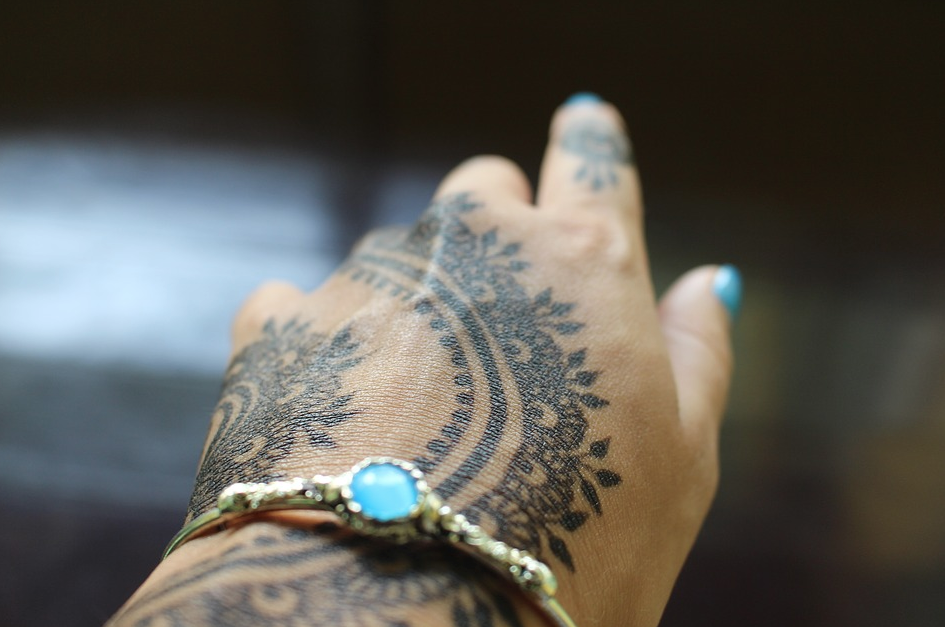
** Most pics sourced on Pixabay.
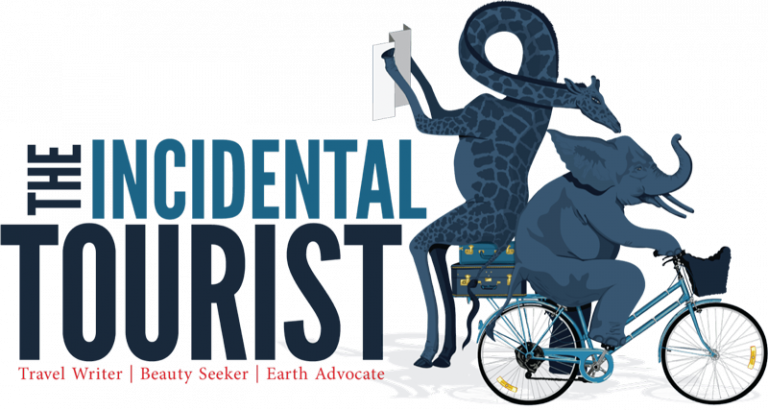




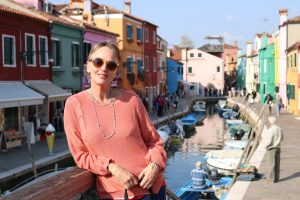



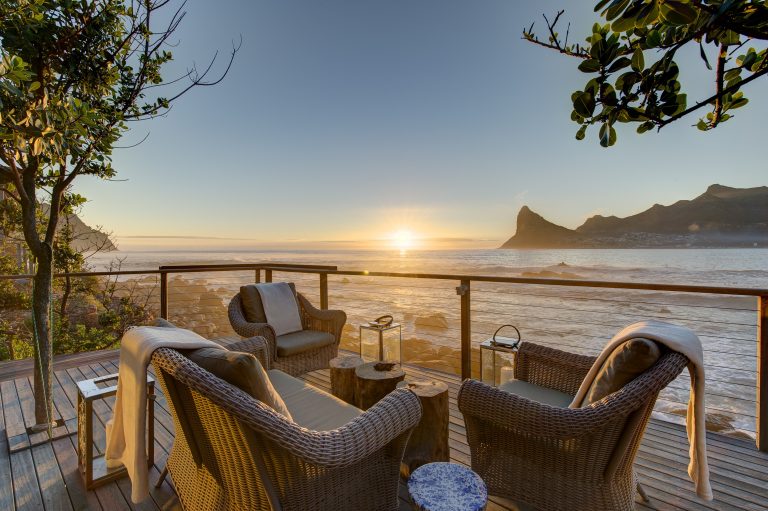


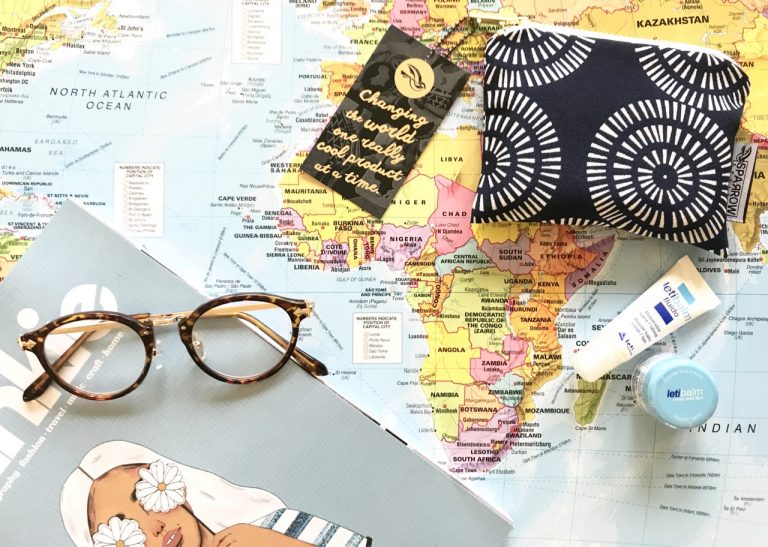


2 Responses
I do not even know the way I finished up here, but I thought this publish used to be good.
I do not know who you’re however definitely you’re going
to a well-known blogger for those who are not already.
Cheers!
Thank you for visiting, reading and commenting, really appreciate it.